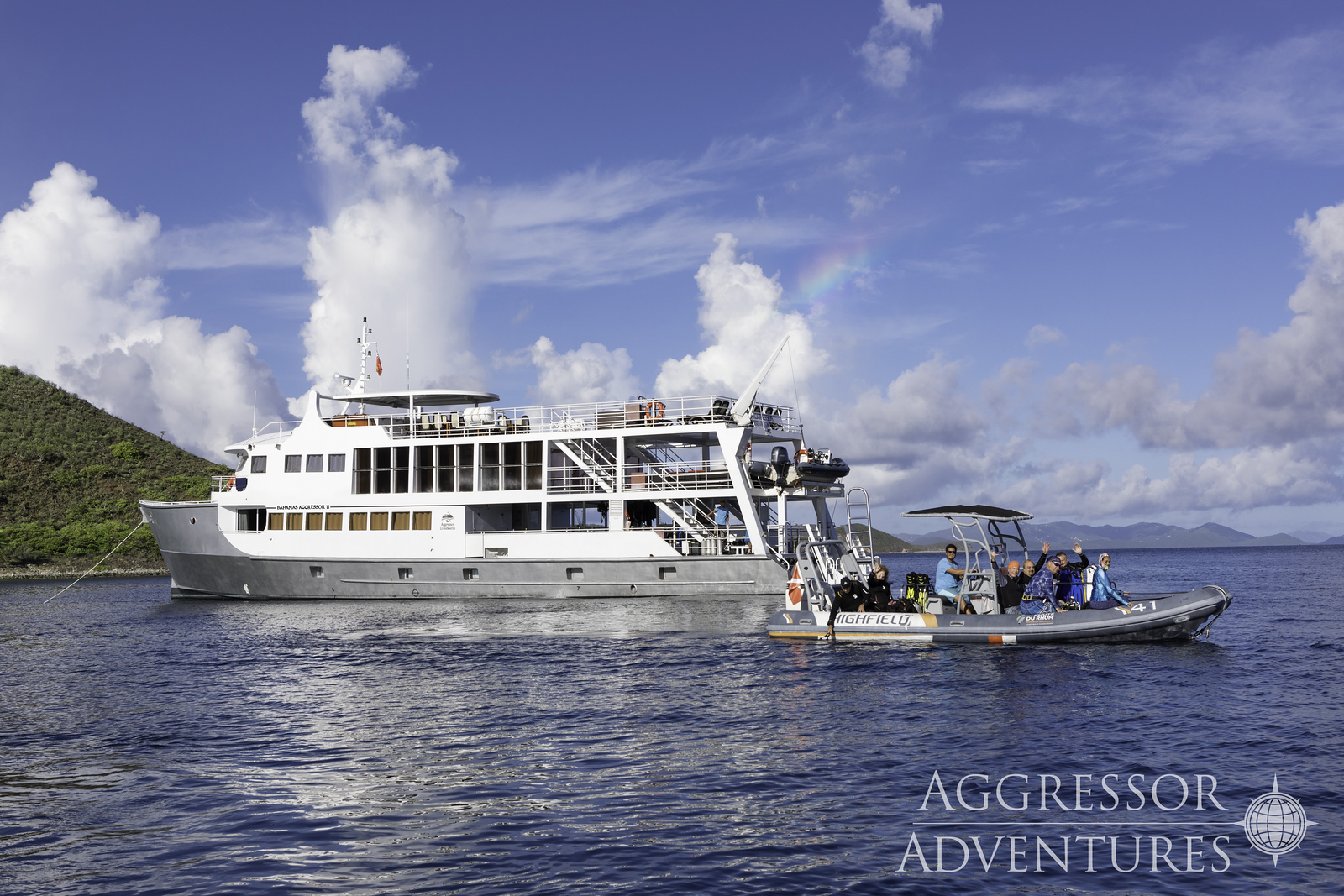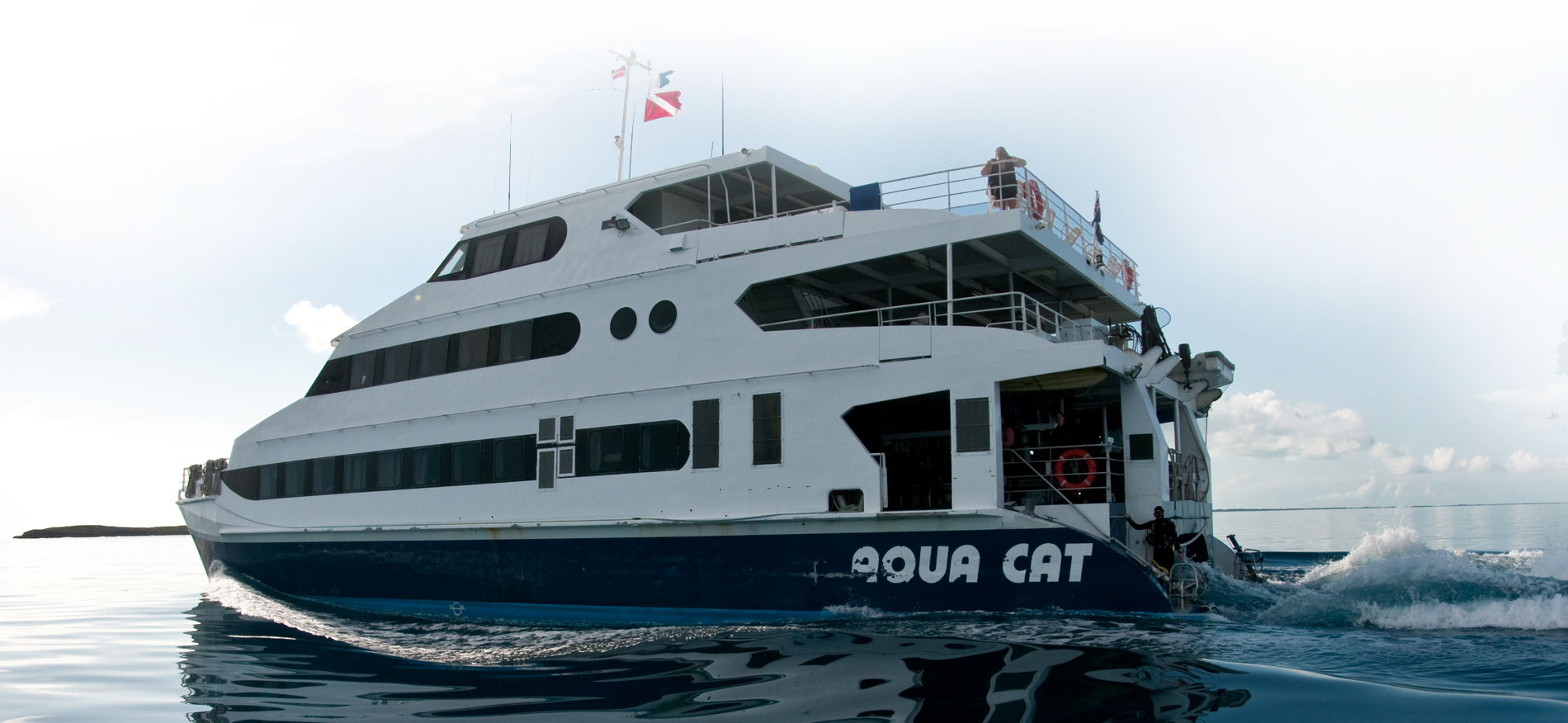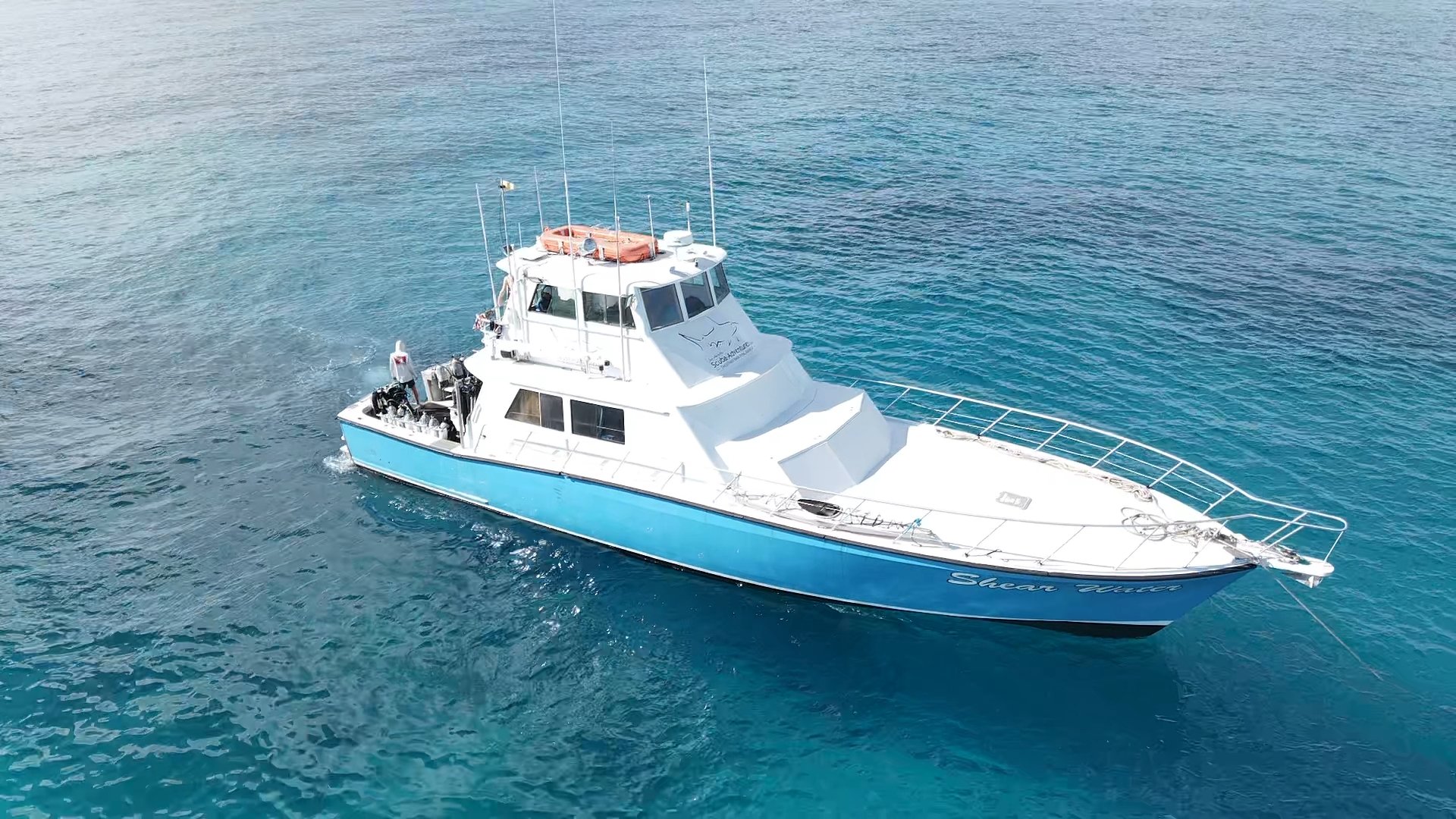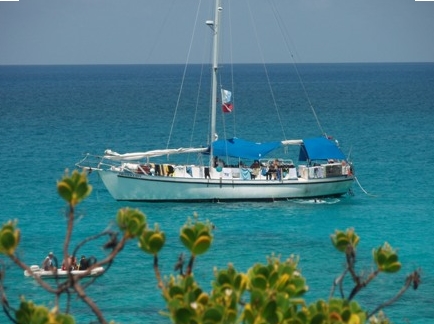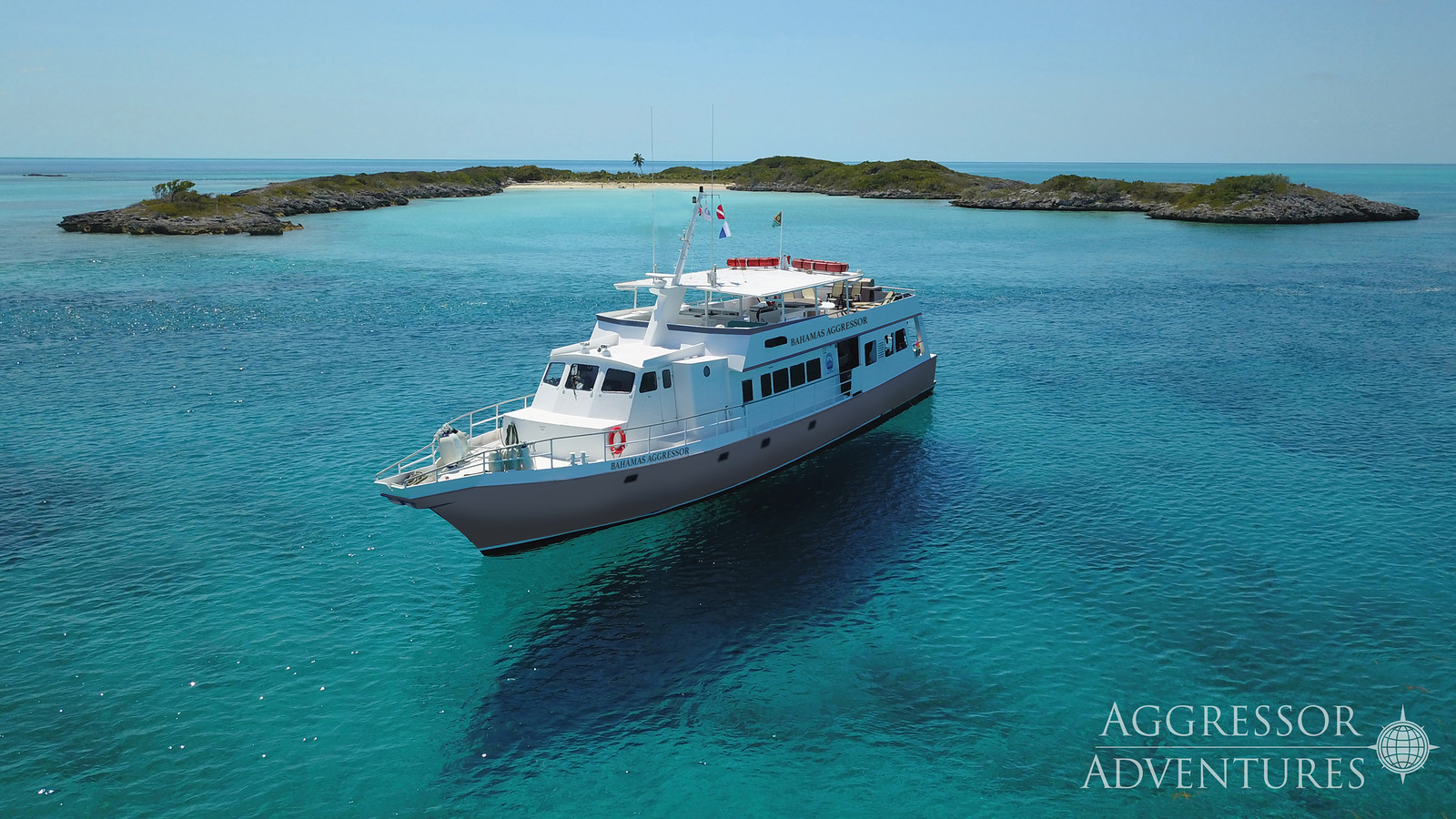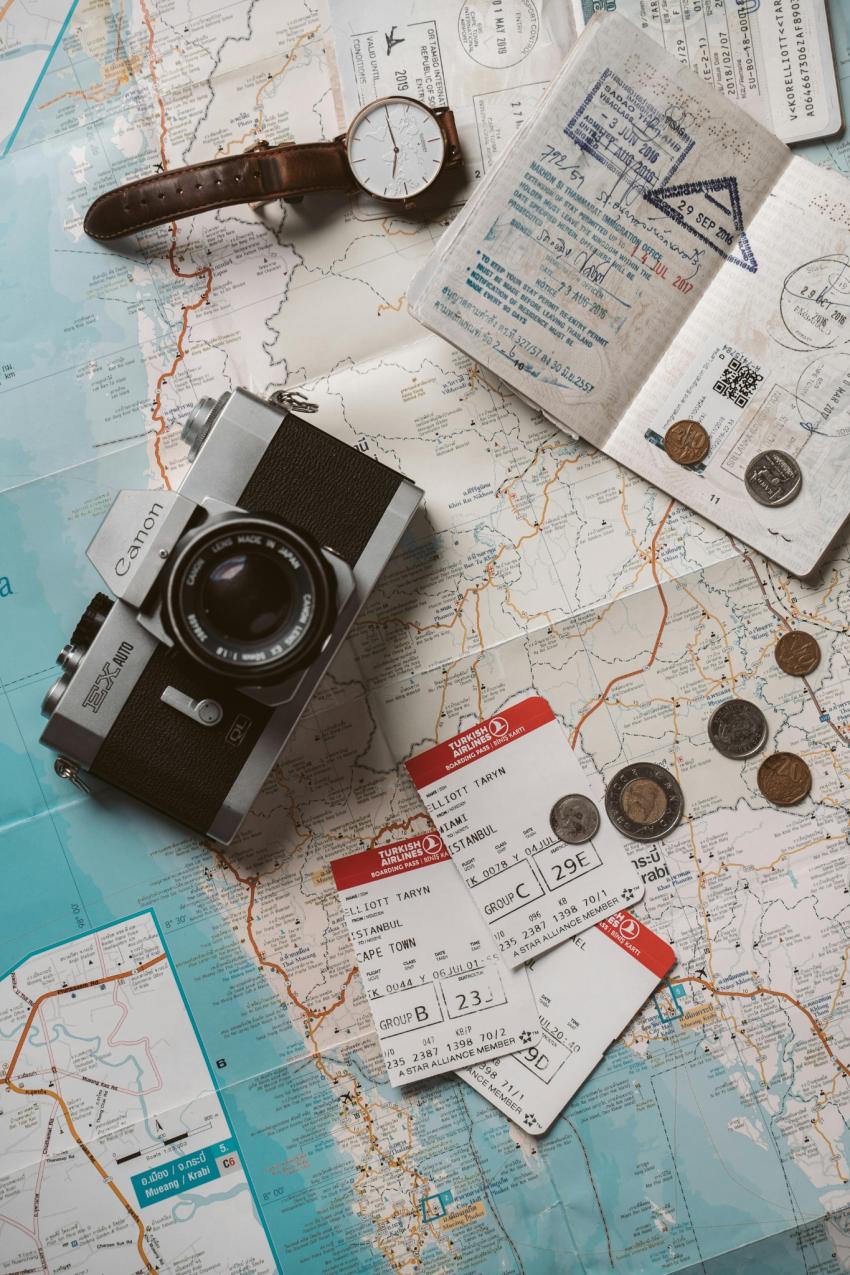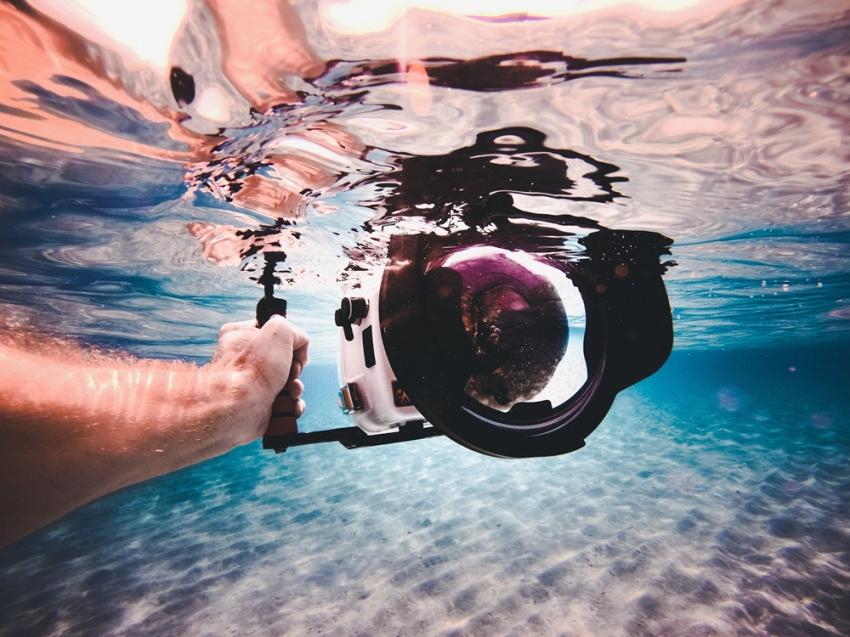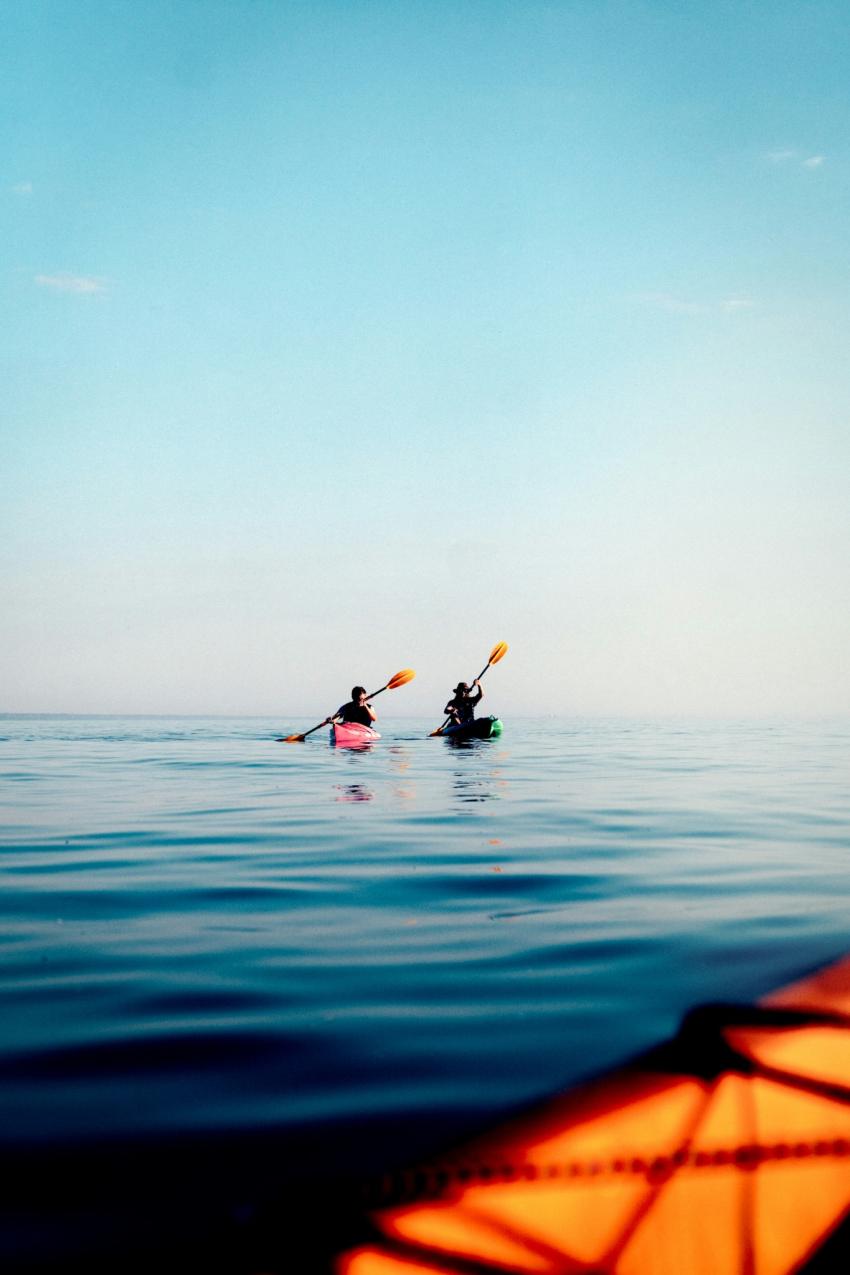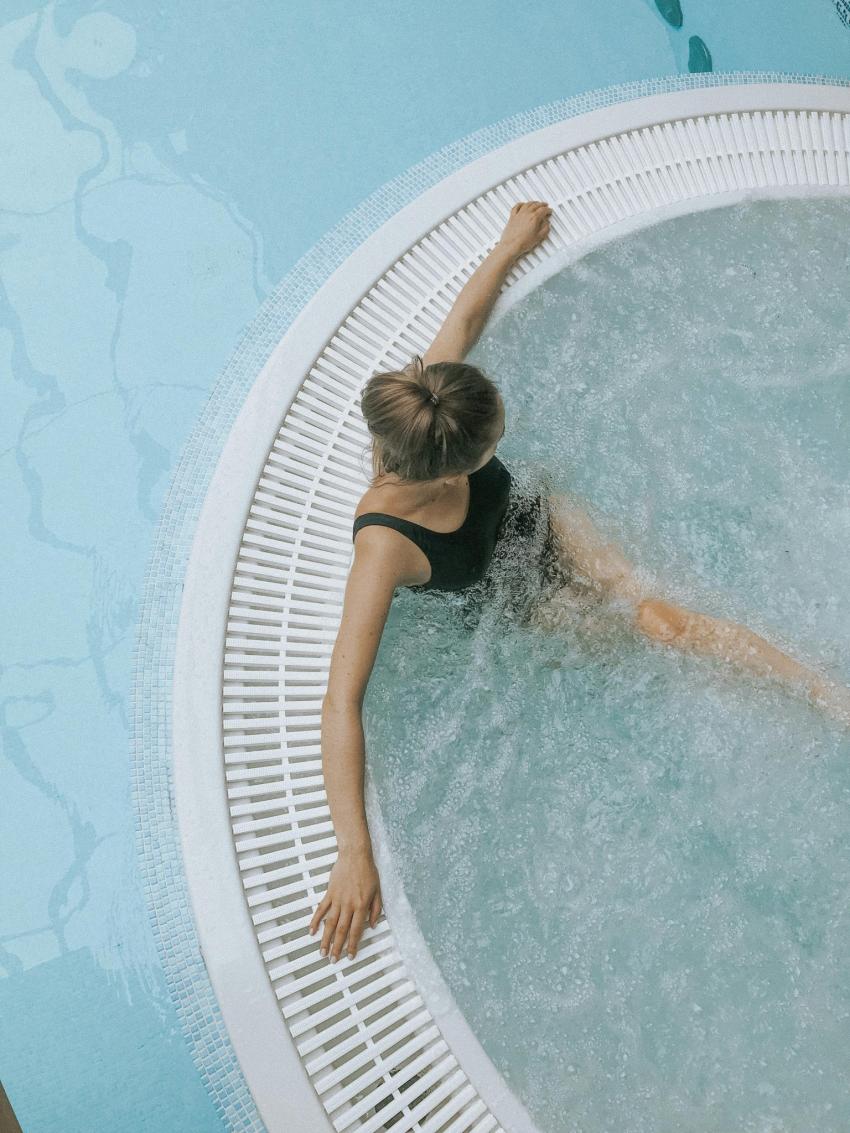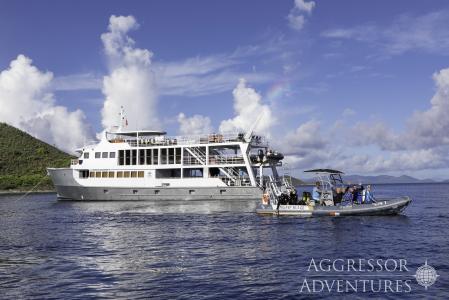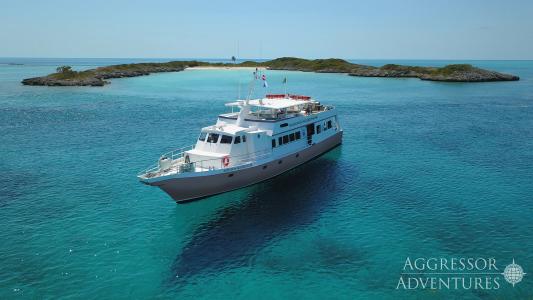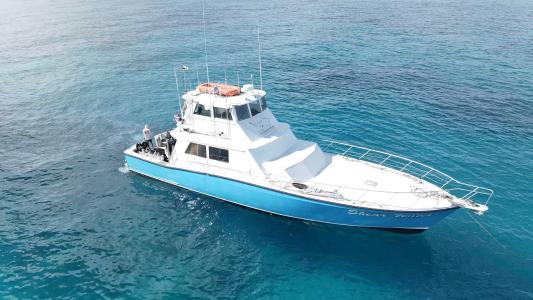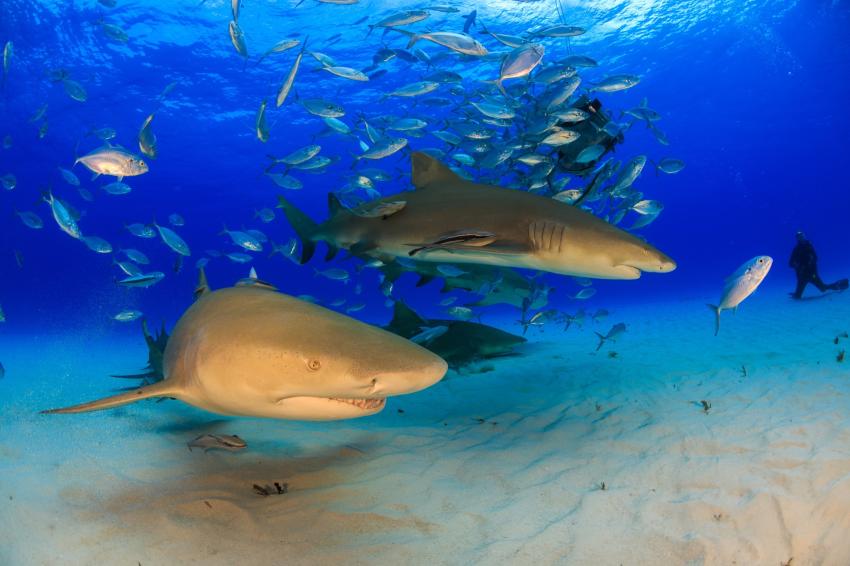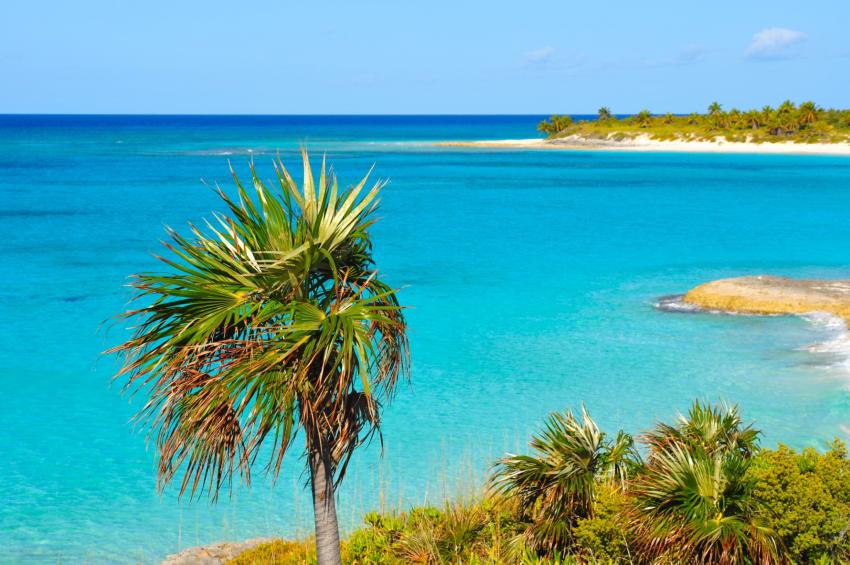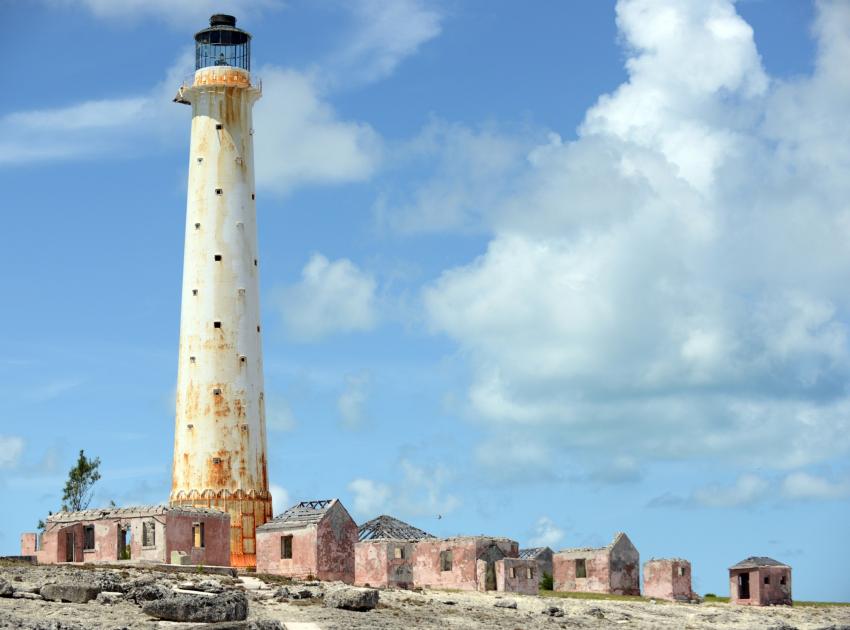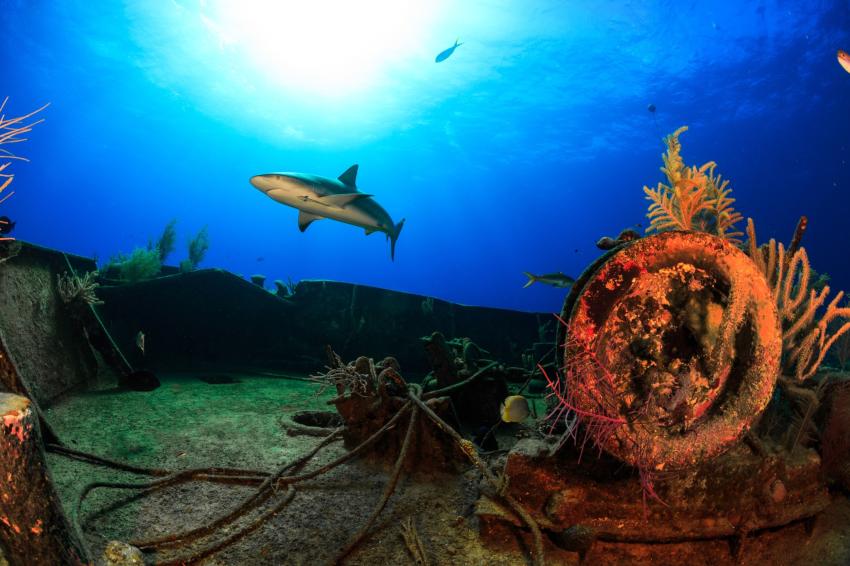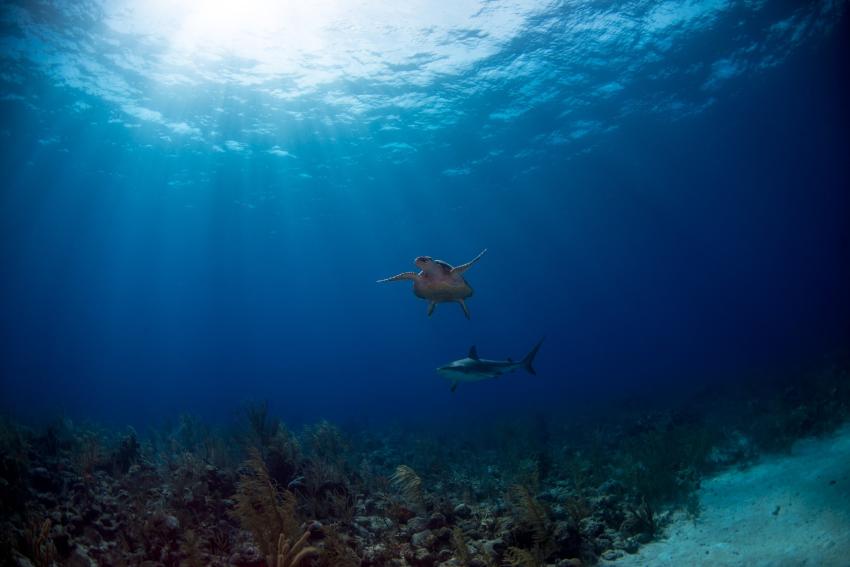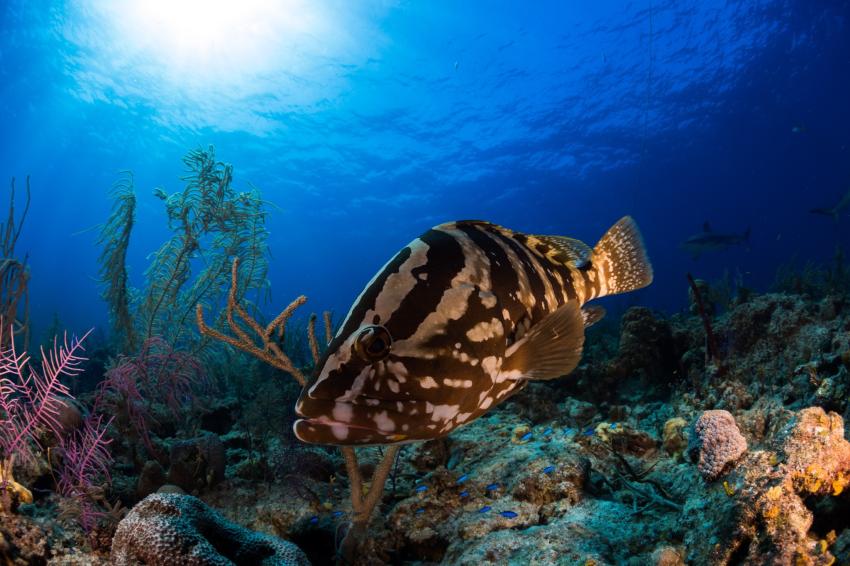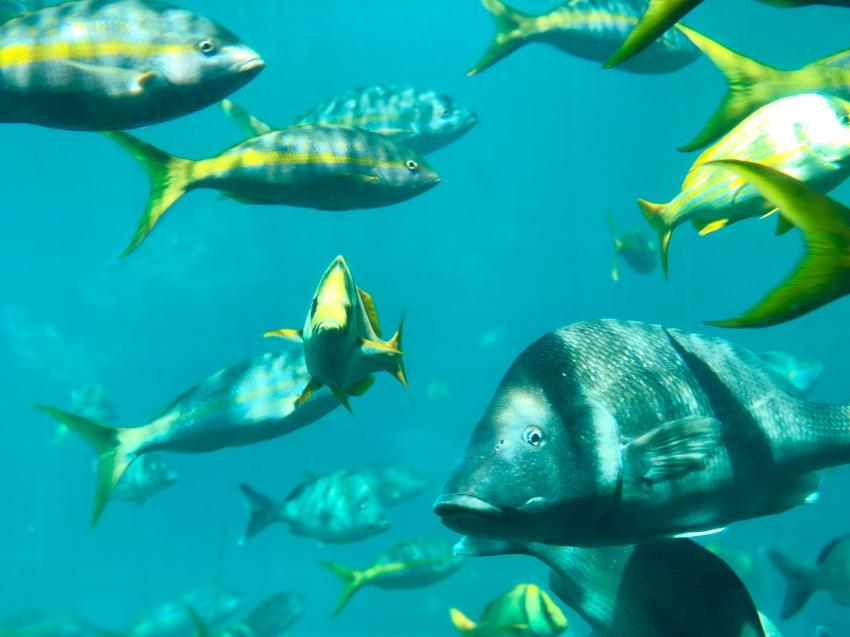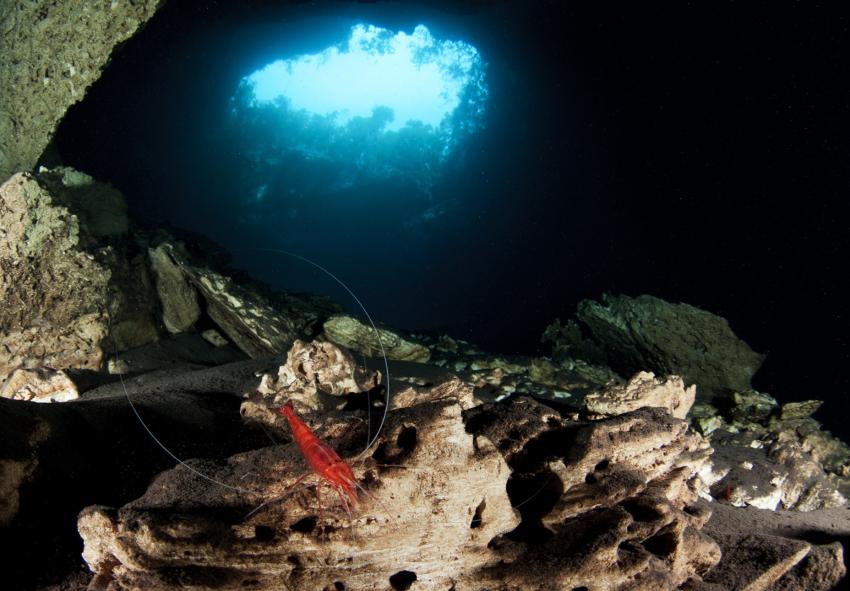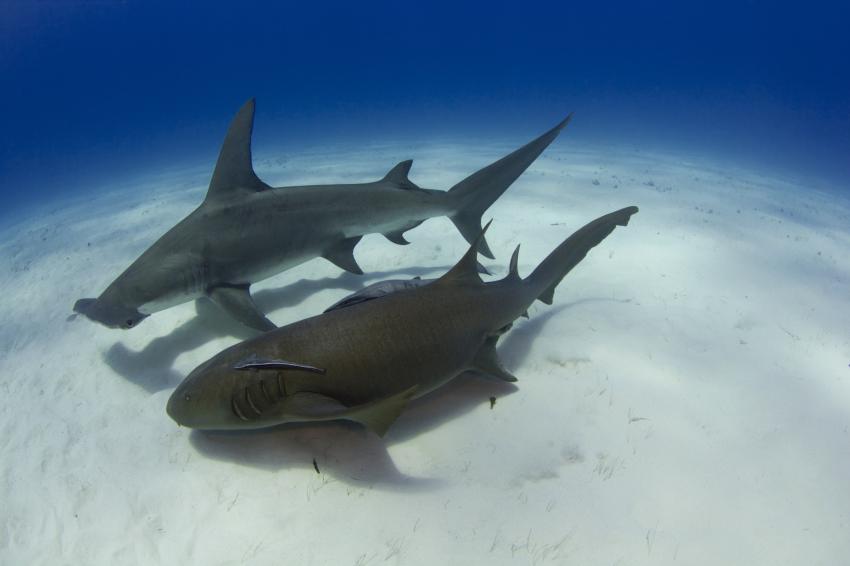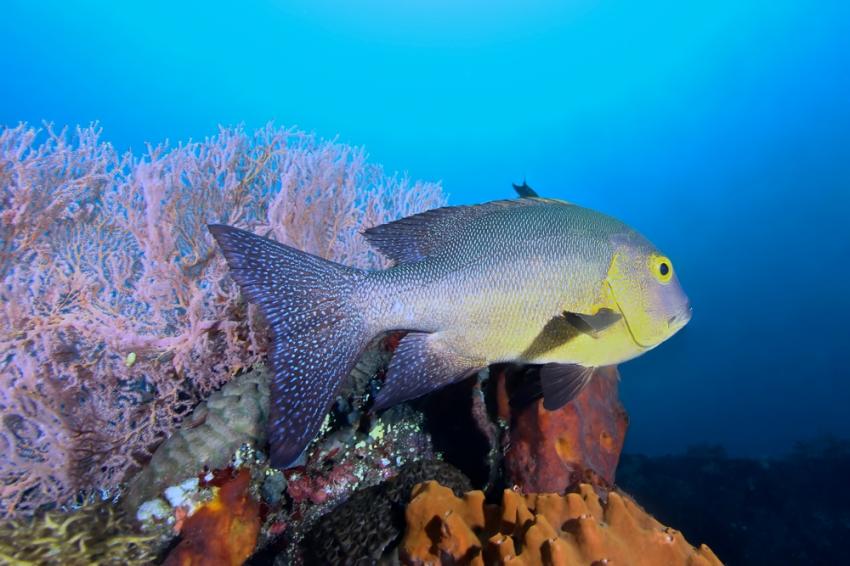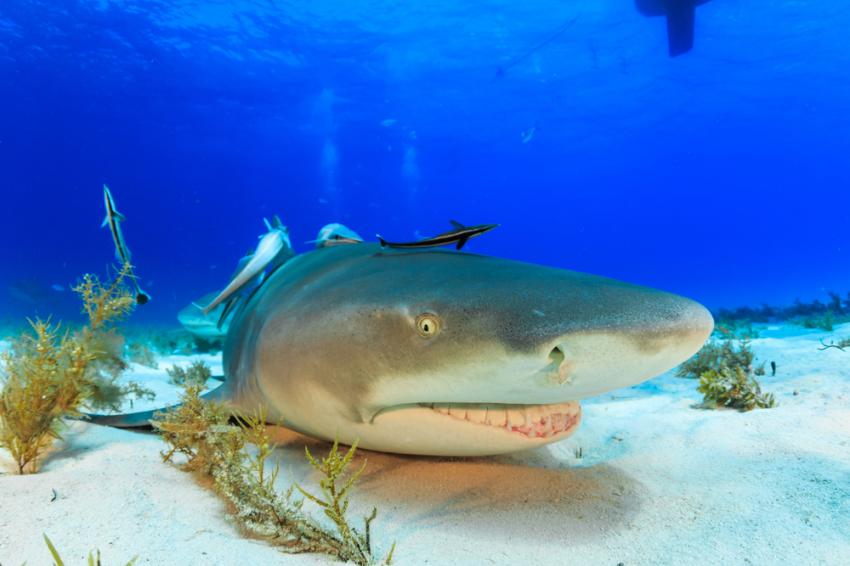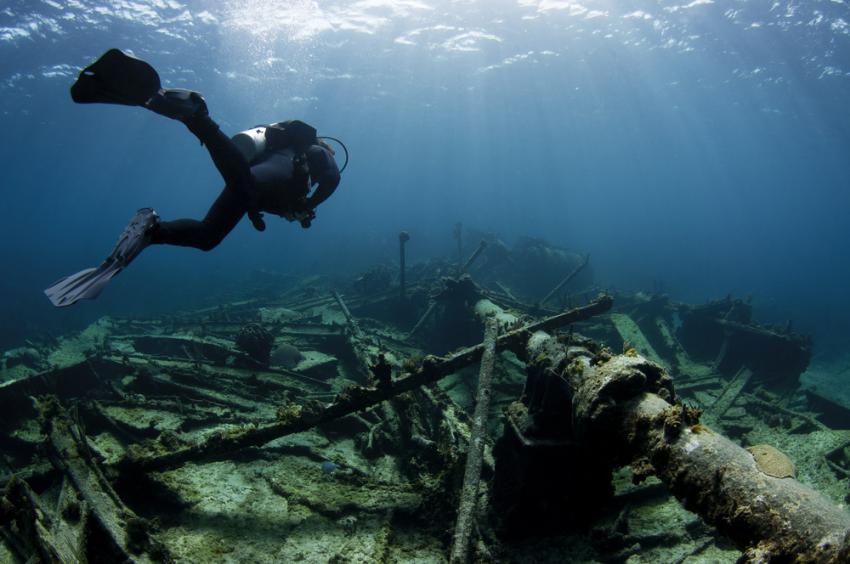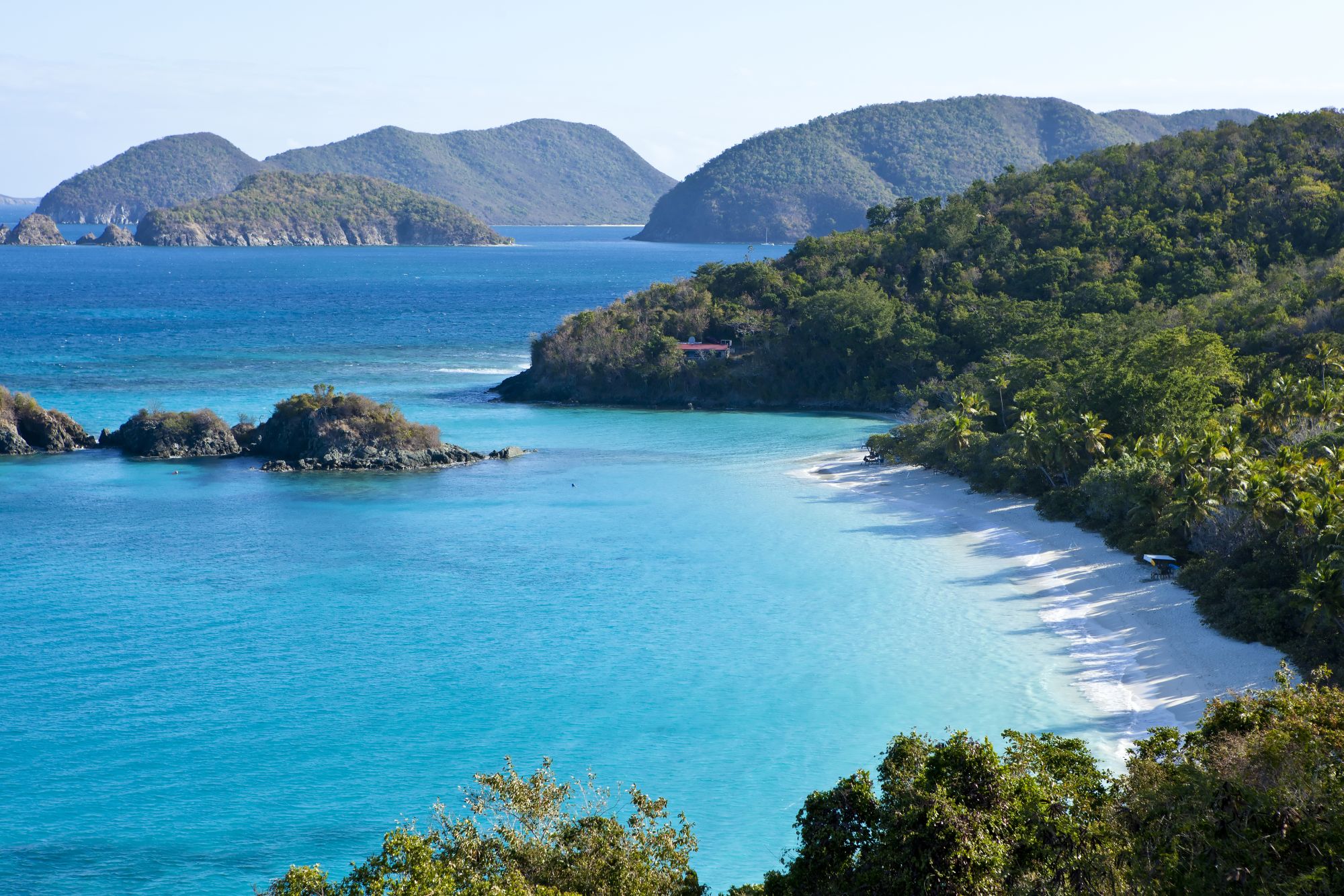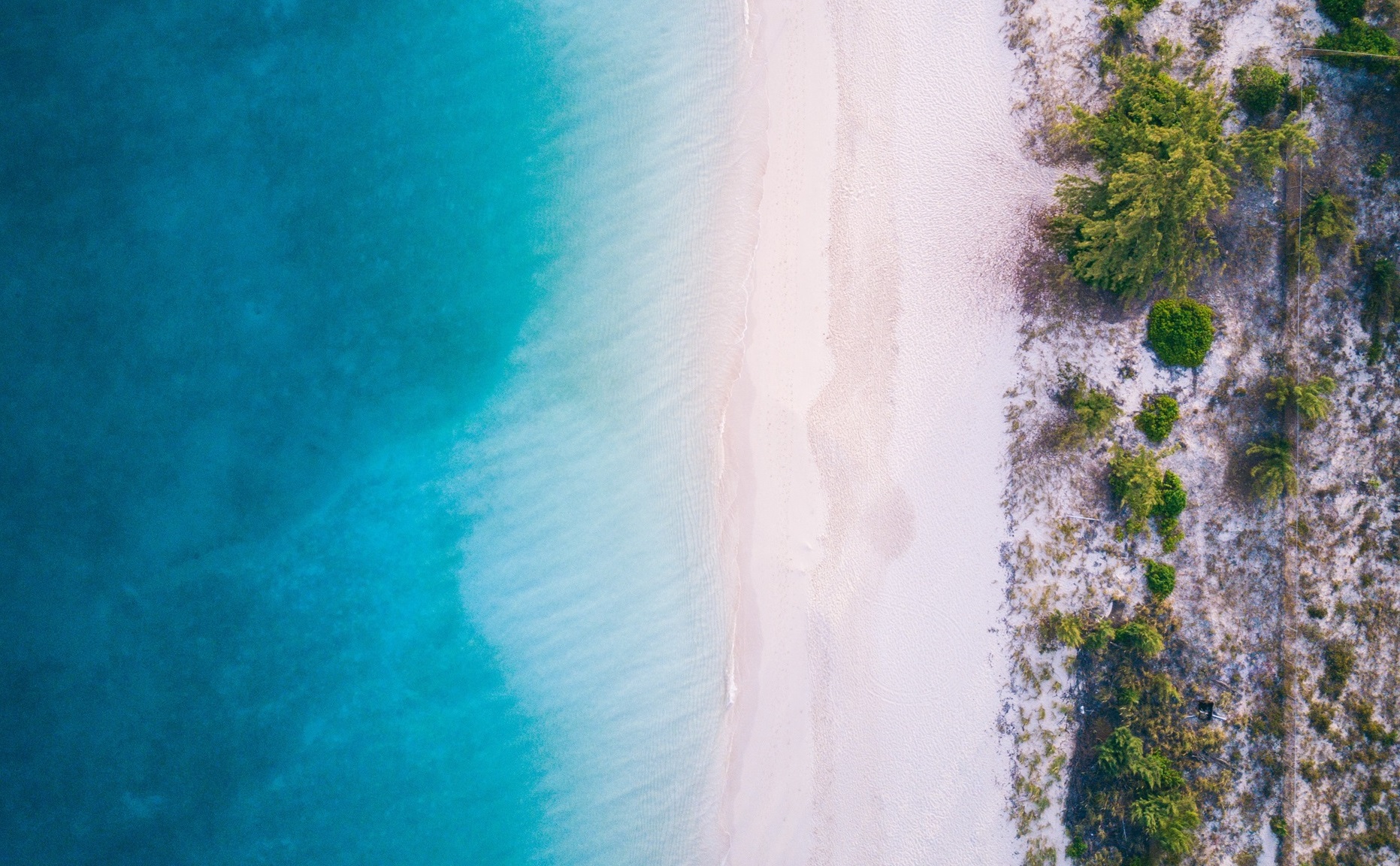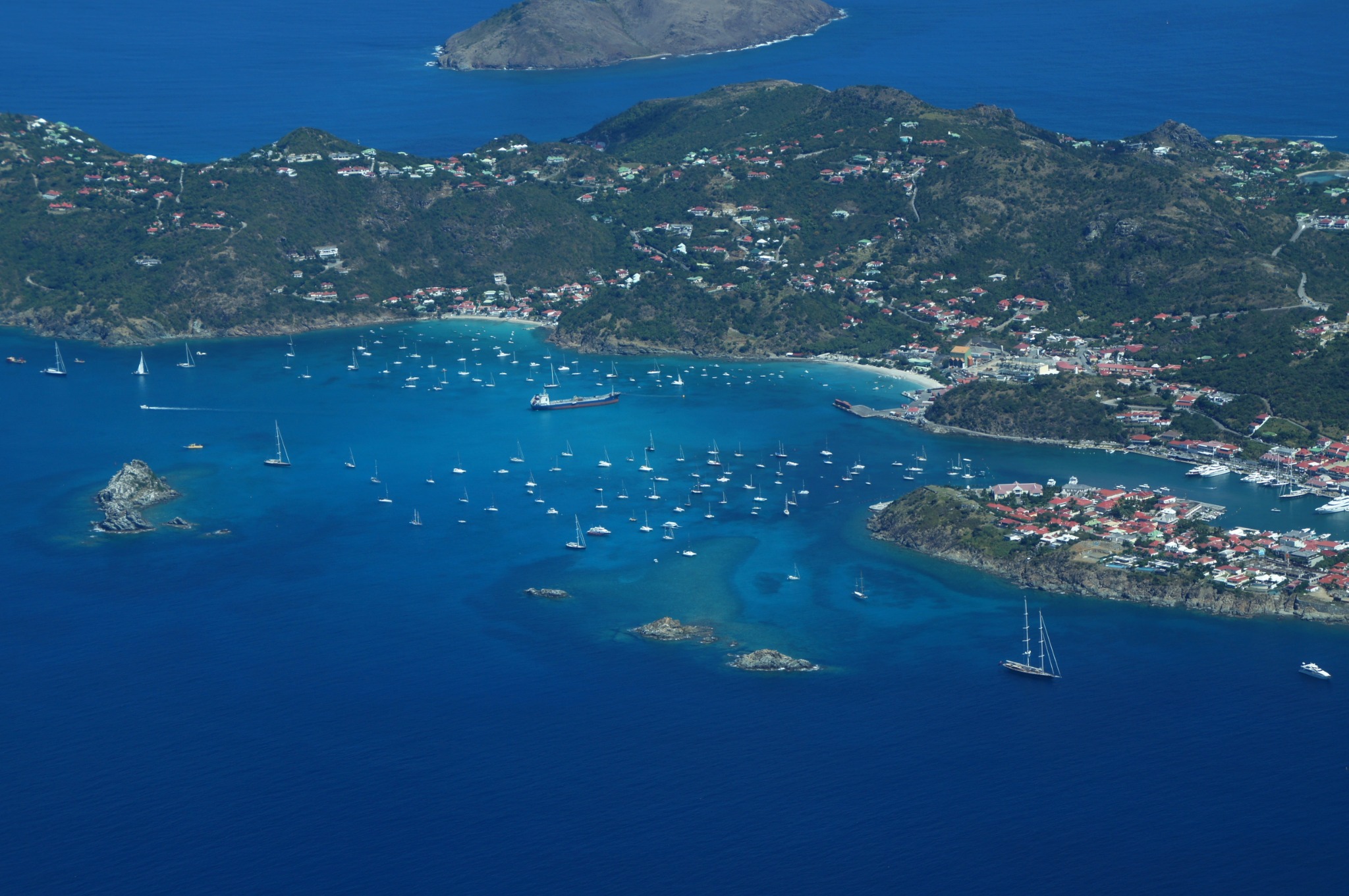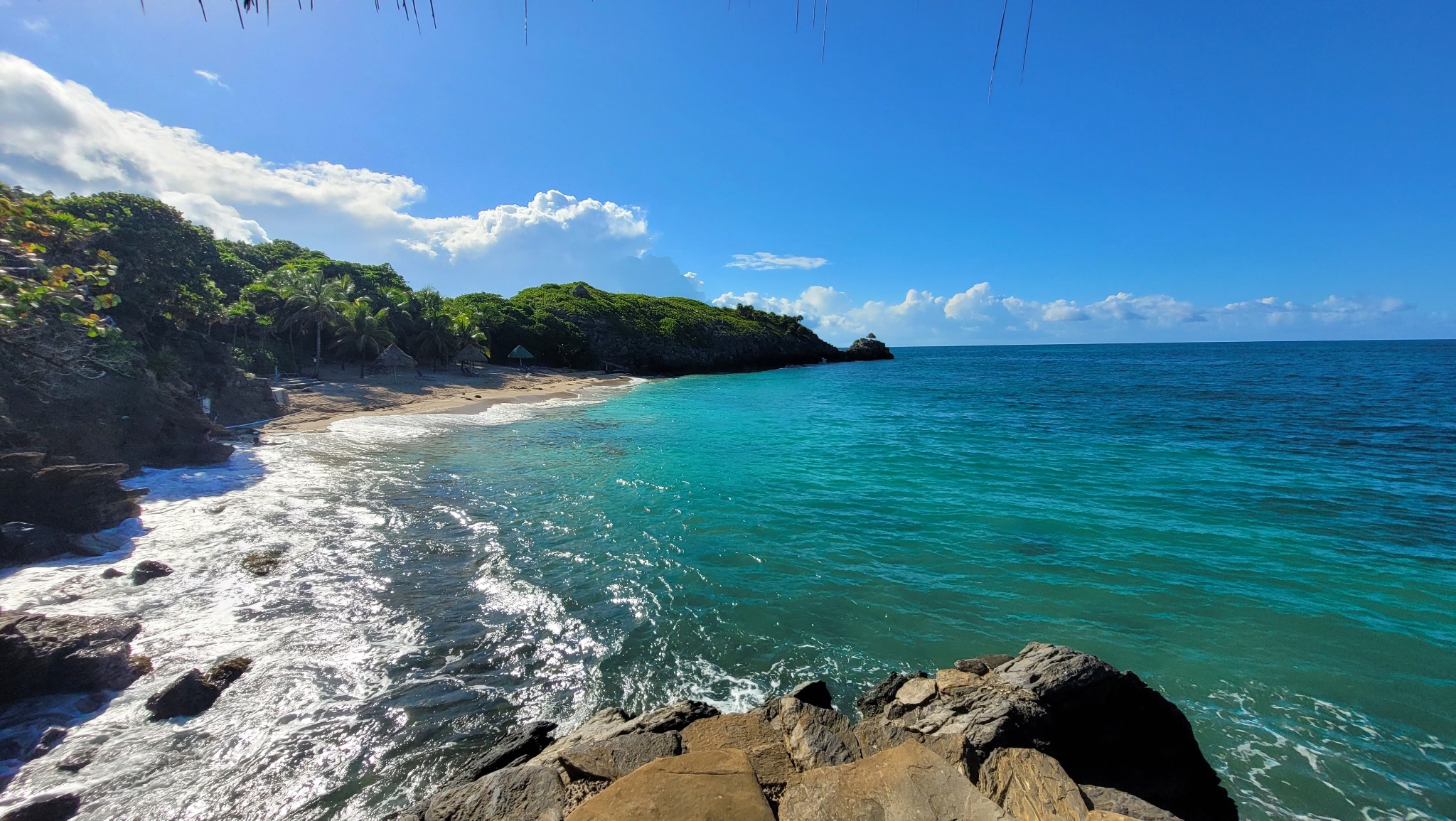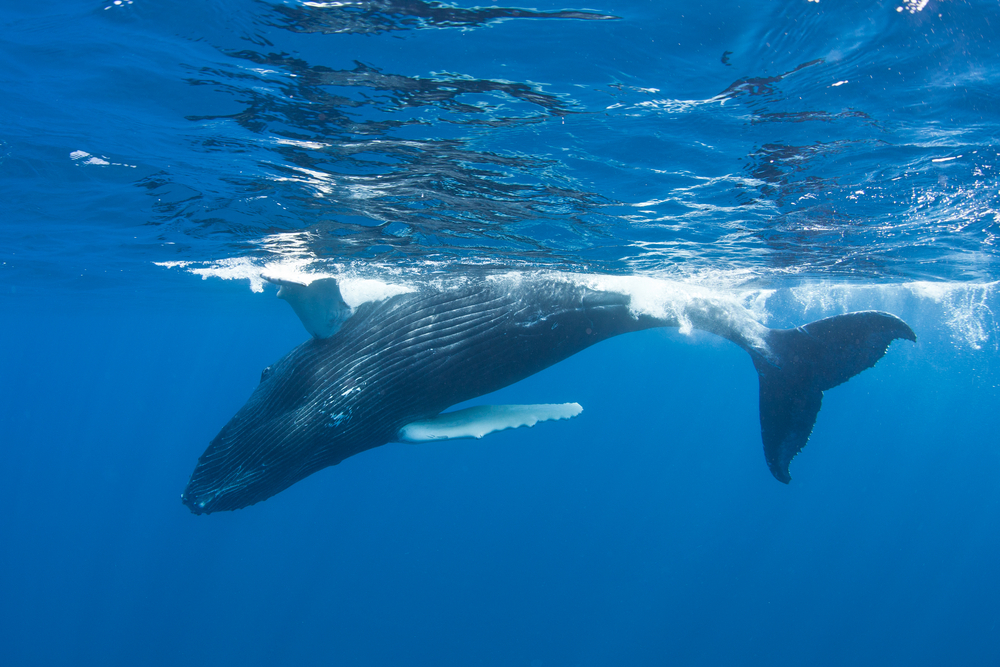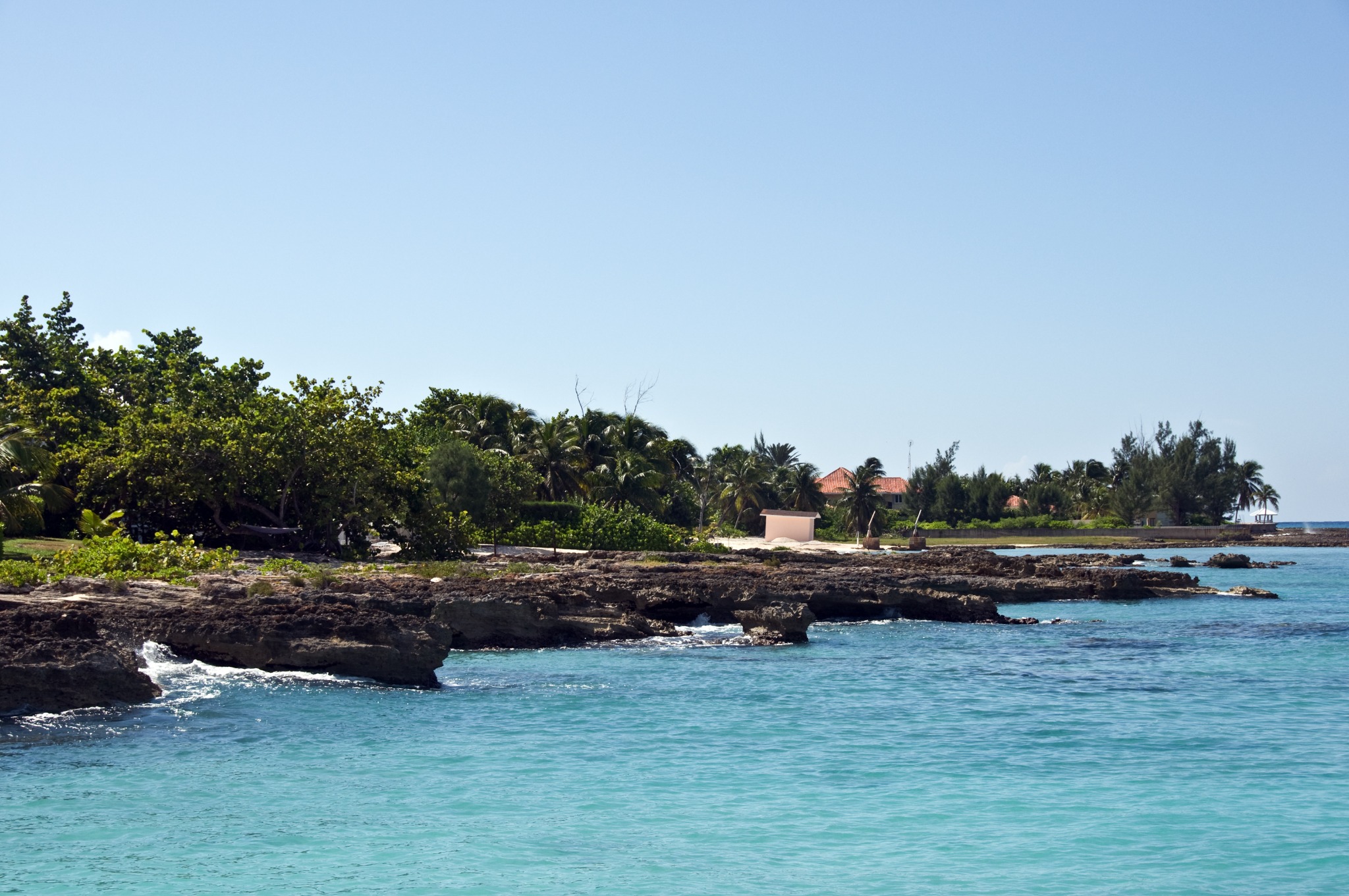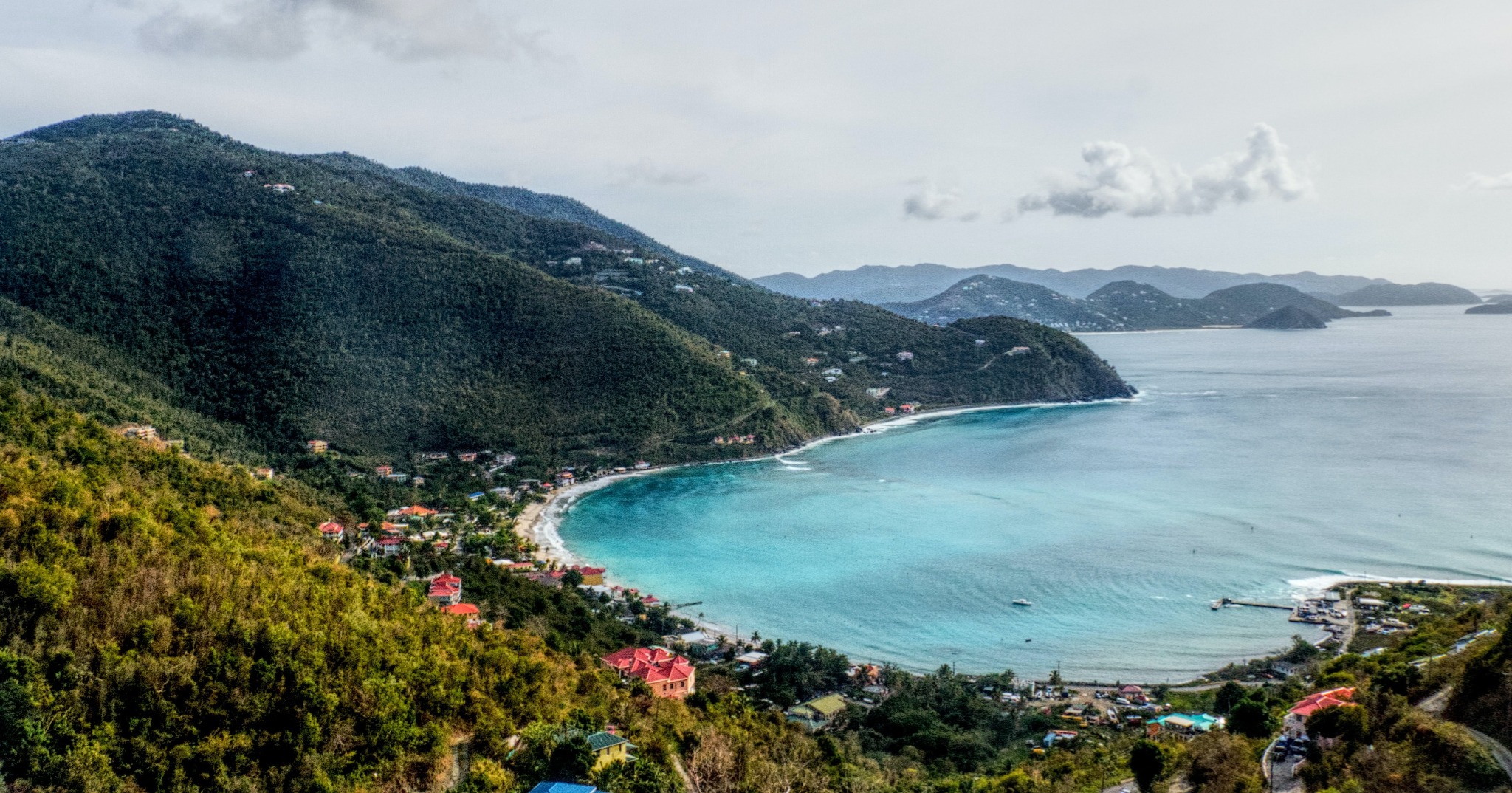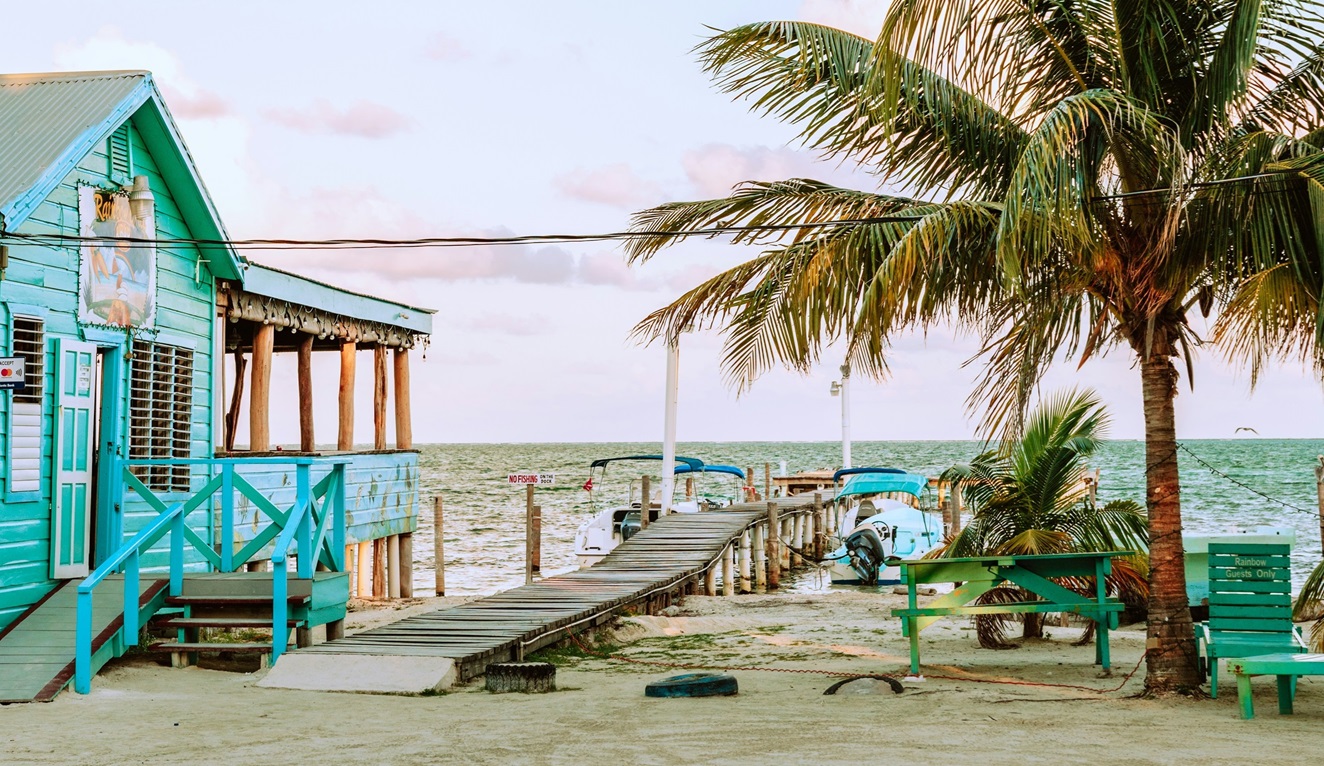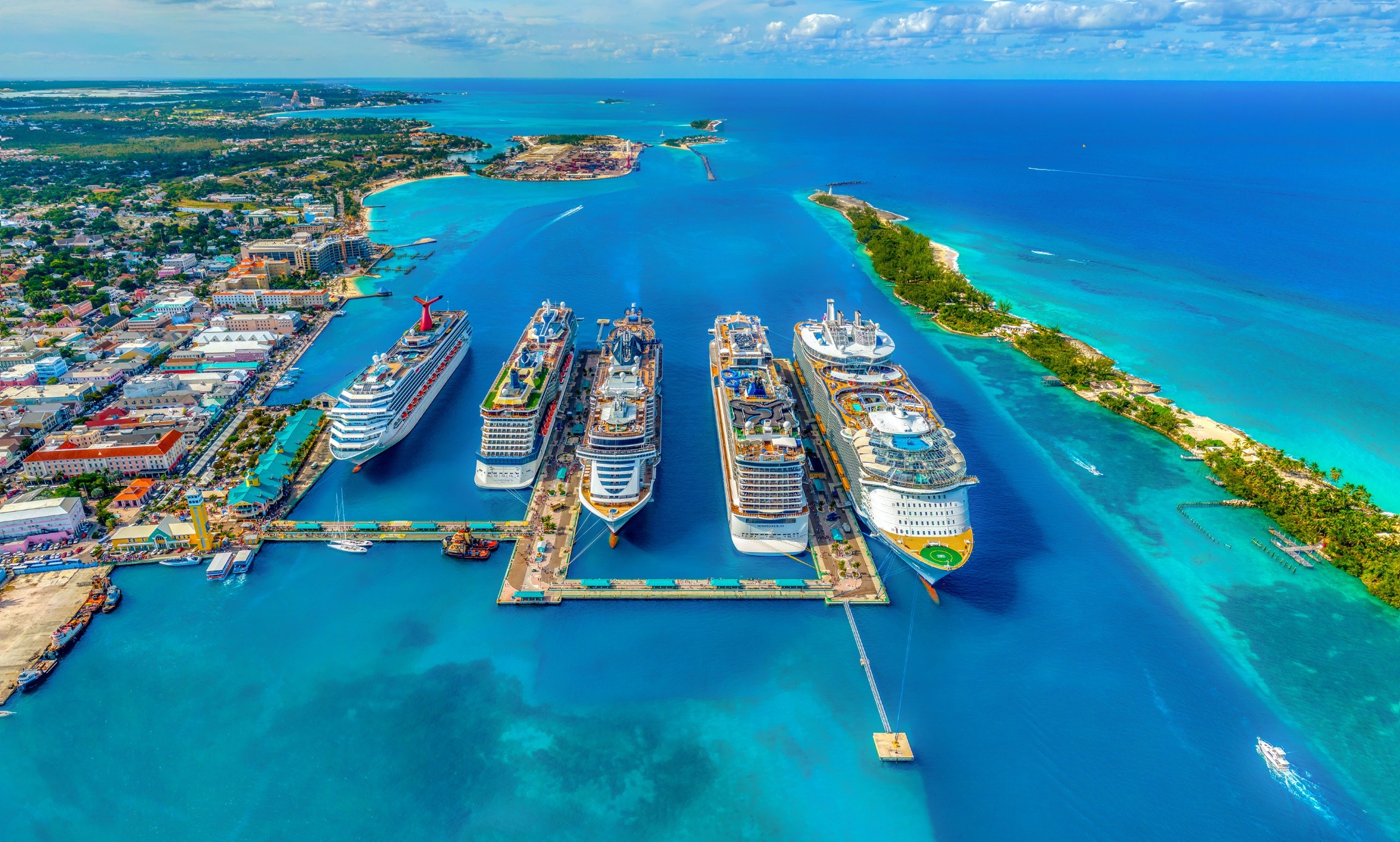
Best Bahamas Liveaboards
Handpicked Bahamas Selections
Get more with Divebooker rewards
- Free DAN insurance
- 5% money back
- Up to 10% savings for the next travel
- 2X money back on select days
- Extra care support package
Liveaboard Diving in Bahamas
The Bahamas is a scuba diver's dream, offering some of the best Caribbean diving experiences. With an array of Bahamas dive sites to choose from, divers can explore stunning coral reefs, mysterious underwater caves, and breathtaking blue holes. The Bahamas is also renowned for its wreck diving, with sunken ships offering a historical peek beneath the waves. For thrill-seekers, shark diving at places like Tiger Beach is a must, presenting a chance to get up close with the ocean's apex predators. Whether on a Nassau liveaboard or venturing into the deeper waters of Exuma diving, every dive trip in the Bahamas promises unparalleled underwater adventures
Top Places to Dive in Bahamas
Bahamas liveaboard diving offers a diverse array of underwater experiences. In the waters of Grand Bahama & Tiger Beach, divers can encounter sharks, including hammerheads and tiger sharks. Eleuthera & Exuma Cays are known for their vibrant coral reefs, teeming with tropical fish such as angelfish, parrotfish, and grouper. Dive trips to Bimini reveal not just blue holes but also stingrays, dolphins, and the occasional manta ray. Nassau, with its liveaboard and dive sites, is home to several historic wrecks, each hosting ecosystems of sponges, hard and soft corals, and attracting schools of barracuda and jacks. Exuma diving provides glimpses of underwater caves and canyons, while Tiger Beach diving presents deeper encounters with pelagic species
Must See Bahamas Dive Sites
Diving in the Bahamas is an enchanting experience, with its myriad of dive sites boasting a blend of vibrant marine life, historic wrecks, and mesmerizing underwater landscapes.
Grand Bahama & Tiger Beach is renowned for its shark encounters. Tiger Beach, as the name suggests, is famous for its tiger sharks, but the site also offers opportunities to see hammerheads and lemon sharks. Mount Olympus is a diver's dream with its ascending peaks and valleys. Hog Fish Reef is adorned with coral formations and is home to the namesake hogfish. Shark Paradise lives up to its name, offering divers a thrilling experience among these apex predators. Fishtail presents a diverse ecosystem with its rocky outcrops, while Sugar Wreck is a historic site with a sunken ship surrounded by marine life. El Dorado has a unique underwater topography that attracts various fish species.
In the Eleuthera & Exuma Cays region, The Devil’s Backbone is a shallow, treacherous reef, renowned for its historic shipwrecks. Current Island offers challenging dives with its strong currents bringing in nutrient-rich waters. Cape Eleuthera promises sightings of sharks and rays. Amberjack Reef boasts schools of its namesake fish, while Angelfish Blue Hole is an underwater cavern teeming with marine life. The Austin Smith Wreck is a haven for coral growth, attracting schools of fish. Dog Rocks and Jeep Reef are coral-laden sites filled with tropical fish, and Washing Machine is named for its swirling currents that offer an exhilarating dive experience.
Bimini houses dive sites like Bimini Reefs with its vast coral gardens. Bull Run is a hotspot for observing bull sharks in their natural habitat. The Bimini Wrecks offer a dive into history with sunken ships and marine ecosystems that have formed around them. Sapona is one of the most recognized wrecks, half-submerged and teeming with fish.
Lastly, in Nassau, the Bahama Mama and James Bond Wrecks offer an exploration of sunken vessels with a cinematic history. The Lost Blue Hole promises encounters with sharks, turtles, and rays. Ray of Hope is another shipwreck that's a magnet for marine life, while Runway Wall offers wall dives showcasing the rich biodiversity of the region
When To Go Diving in Bahamas
The best time for dive trips to the Bahamas is from December to April, during the dry season. This period offers optimal visibility for deep sea diving, wreck explorations, and the vibrant hues of coral reefs the Bahamas is famed for. While diving is possible year-round, visiting during these months ensures a scuba vacation Bahamas will be remembered for its clear waters and abundant marine life encounters. The rainy season, from May to November, can sometimes bring reduced visibility, especially after heavy rainfall or storms. But even then, the waters of the Bahamas are clearer than many other dive destinations.
The warmest water temperatures are usually from May to October, with averages ranging between 27°C to 30°C (80°F to 86°F). This makes for comfortable diving without the need for thick wetsuits. From December to April, during the dry season, water temperatures are slightly cooler, ranging from 23°C to 26°C (74°F to 78°F). While still warm by many standards, some divers opt for a 3mm to 5mm wetsuit during these months
Frequently Asked Questions About Bahamas
What types of sharks can I see while diving in the Bahamas?
The Bahamas is one of the premier destinations for shark diving, and divers can encounter a variety of shark species in its waters:
1. Tiger Sharks: Especially popular at Tiger Beach, these are one of the main attractions for divers. Their distinct appearance and sheer size make them a favorite among underwater photographers.
2. Caribbean Reef Sharks: Commonly encountered in the Bahamas, these sharks are often seen patrolling the coral reefs and can be quite curious, approaching divers closely. Great Hammerhead Sharks: Bimini is one of the few places in the world where divers can reliably encounter these majestic sharks, especially during the winter months.
3. Lemon Sharks: Often seen at dive sites around Grand Bahama and Tiger Beach, these sharks are known for their yellowish-brown color and are usually quite docile.
4. Nurse Sharks: These bottom-dwelling sharks are often found resting on sandy bottoms or hidden within crevices during the day. They're harmless and are a common sight in the Bahamas.
5. Bull Sharks: Although less common than some of the other species, bull sharks can occasionally be spotted in Bahamian waters. Their robust appearance and reputation make them a thrilling encounter for divers.
7. Oceanic Whitetip Sharks: Found in the open ocean, these sharks are known for their long, wing-like pectoral fins. Encounters with oceanic whitetips can be experienced in the deeper waters of the Bahamas.
8. Silky Sharks: These sharks are also open-ocean dwellers and can sometimes be spotted during pelagic dives or when diving in the blue
How do I get to the liveaboard starting point?
To begin your liveaboard adventure in the Bahamas, you'll most likely start from either Nassau or Freeport, as these are the primary departure points for many liveaboard cruises. Nassau: The main airport in Nassau is Lynden Pindling International Airport (NAS). Once you arrive at NAS, you can take a taxi or arrange private transportation to reach the port. The journey from the airport to the port is straightforward and takes approximately 15-30 minutes, depending on traffic. Freeport: If your liveaboard departs from Freeport, you'll be landing at Grand Bahama International Airport (FPO). The port is only a short distance away, and a taxi ride from the airport to the port takes around 10-15 minutes. It's important to note that most liveaboards do not include airport transfers in their package price. Thus, travelers will need to arrange and pay for their own transportation to and from the port. While it's technically possible to arrive on the day of your liveaboard departure, unforeseen travel delays could put your cruise at risk. As a result, many divers choose to arrive a day prior to the embarkation time and book a hotel stay for one night in either Nassau or Freeport. This approach not only helps in adjusting to the local time zone but also ensures a stress-free start to your diving adventure. It also offers a chance to explore the local attractions, enjoy Bahamian cuisine, and make any last-minute preparations for the trip
What is the typical group size on a Bahamas liveaboard?
The typical group size on a Bahamas liveaboard varies depending on the specific vessel and its capacity. The ratio of dive guides to divers is an important aspect to consider for ensuring personalized attention and safety. This ratio can range from 1 dive guide for every 4 divers to 1 dive guide for every 6 divers. This ensures that every diver gets adequate guidance, especially in sites with strong currents or specific attractions.
There are smaller liveaboards available which are perfect for more intimate groups or even private charters. If you have a group of 8 or 12 persons, it's possible to book some of these boats exclusively for your party, allowing for a personalized experience.
Additionally, Bahamas liveaboards often cater not just to divers but also to those who prefer other aquatic activities or simply want to relax. Many boats come equipped with amenities like a sun deck and sun loungers, perfect for those who wish to bask in the tropical sun. Some boats also feature a hot tub for relaxation after a day of diving. For those inclined towards more active pursuits, options like snorkeling, kayaking, and stand-up paddleboarding are available. This ensures that even non-divers have plenty of activities to engage in and enjoy their time aboard
Most popular liveaboards in the Bahamas?
Diving in the Bahamas via a liveaboard provides a unique and immersive experience, with a few select vessels standing out for their offerings.
Bahamas Master and Bahamas Aggressor are two of the most renowned yachts cruising the Bahamian waters. The crew aboard these vessels are not only well-experienced but also have deep knowledge about the local dive sites, ensuring divers get the most out of their underwater adventures. One of the highlights of these cruises is the incredible shark interaction, allowing divers to witness these majestic creatures up close in their natural habitat. For a more diverse experience, some cruises also include unique activities like swimming with pigs and even observing lizards, adding a distinctive touch to the trip.
Cat Ppalu stands out for its distinctive catamaran design. With 6 cabins, it offers a more intimate experience, accommodating up to 12 guests. The smaller group size ensures a more personalized service and often results in close-knit interactions among guests, creating memories that last a lifetime.
For those looking for a more budget-friendly option without compromising on the experience, Morning Star and Sea Explorer are solid choices. These boats provide dormitory-style accommodation, which means you'll be sharing spaces with other like-minded divers. While this might mean less private space, it also offers an excellent opportunity for interaction, camaraderie, and sharing of diving experiences with fellow passengers.
In summary, while the number of liveaboards offering dives in the Bahamas might be limited, the available options cater to a range of preferences, whether it's luxury, intimacy, or budget-consciousness, ensuring every diver finds a boat that fits their needs
